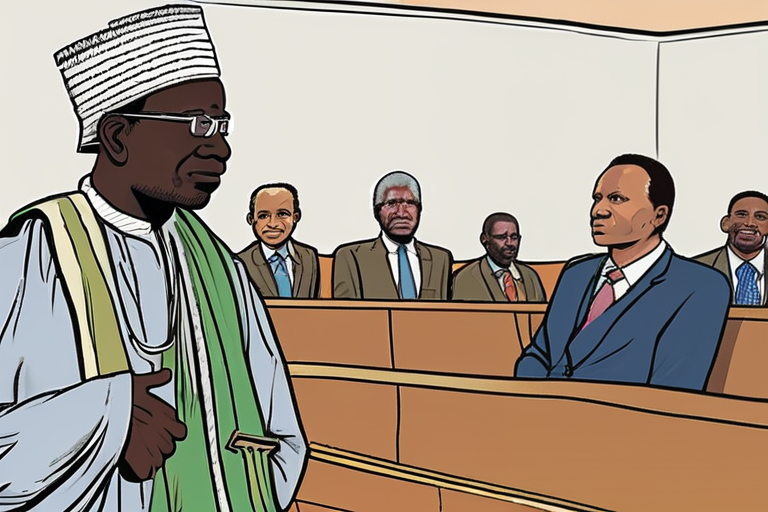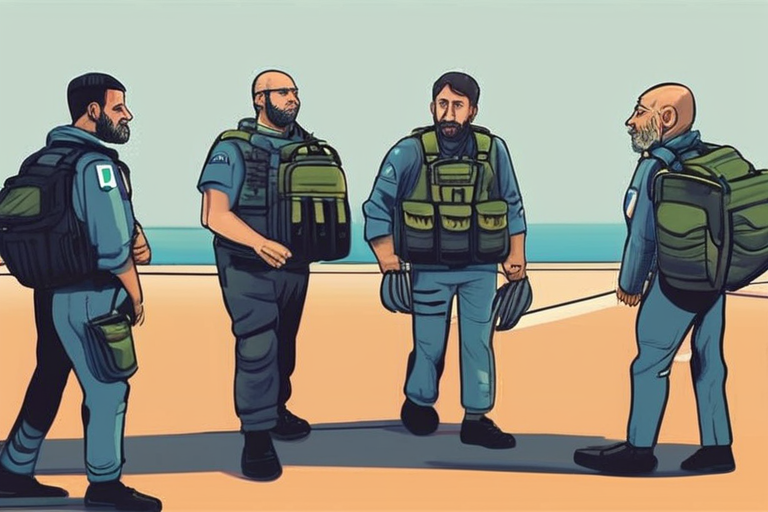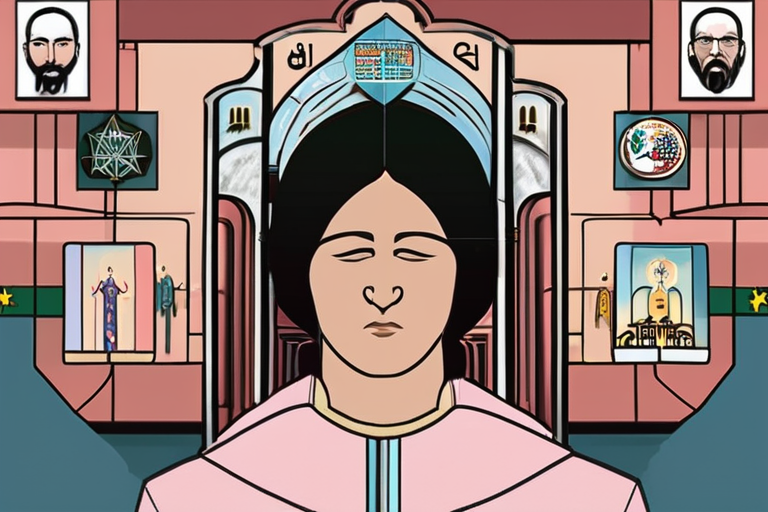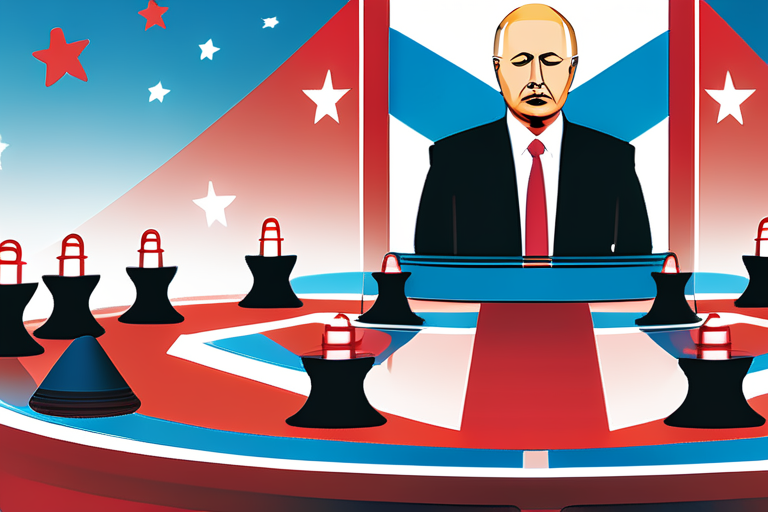"Janjaweed Leader Convicted for Darfur War Crimes in Landmark ICC Ruling"


Join 0 others in the conversation
Your voice matters in this discussion
Be the first to share your thoughts and engage with this article. Your perspective matters!
Discover articles from our community

 Hoppi
Hoppi

 Hoppi
Hoppi

 Hoppi
Hoppi

 Hoppi
Hoppi

 Hoppi
Hoppi

 Hoppi
Hoppi

Four Gaza Flotilla Activists Deported by Israel TEL AVIV, ISRAEL - Israeli authorities have deported four Italian citizens who were …

Hoppi

Tata Steel 'Hellbent' on Building Port Talbot's Green Future A year after production ceased at its blast furnaces in Port …

Hoppi

Breaking News: Roblox Hit with Wrongful Death Lawsuit Following Teen Player's Suicide A wrongful death lawsuit has been filed against …

Hoppi

Google Play Revolutionizes Gaming with AI-Powered Platform Imagine being able to play your favorite games on any device, with a …

Hoppi

Busan Winner Shawkat Amin Korki's Asian Project Market Title 'Disorder' Exposes Clash Between Psychiatry and Faith Healing in Kurdistan Financial …

Hoppi

Vladimir Putin and Xi Jinping during a welcome ceremony for the Shanghai Cooperation Organisation summit in Tianjin. Photograph: Alexander KazakovAPView …

Hoppi